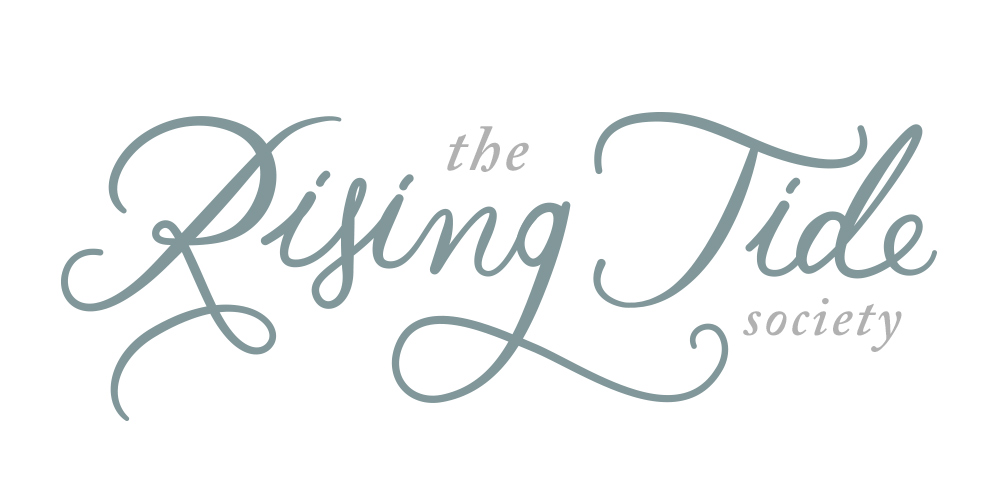Do frenemies exist in your community?
Are there people who take advantage of your kindness?
Do women in your small group seem more of a foe than a friend?
Have you had a spiritual mentor who has deeply hurt your feelings?
Is there a friend who has said something that made you feel bad about yourself?
Sometimes the people we trust can wear the guise of an “frenemy.” Is is still possible to love them?
Here is what Jesus has to say about this:
“But I say to you who hear, Love your enemies, do good to those who hate you, bless those who curse you, pray for those who abuse you. To one who strikes you on the cheek, offer the other also, and from one who takes away your cloak do not withhold your tunic either. Give to everyone who begs from you, and from one who takes away your goods do not demand them back. And as you wish that others would do to you, do so to them.
“If you love those who love you, what benefit is that to you? For even sinners love those who love them. And if you do good to those who do good to you, what benefit is that to you? For even sinners do the same. And if you lend to those from whom you expect to receive, what credit is that to you? Even sinners lend to sinners, to get back the same amount. But love your enemies, and do good, and lend, expecting nothing in return, and your reward will be great, and you will be sons of the Most High, for he is kind to the ungrateful and the evil. Be merciful, even as your Father is merciful.” (Luke 6:27-26)
As I read this, I have fresh memories in my mind of brothers and sisters in Christ you have felt like an frenemy. People in my very own community have been difficult, unlikable or hurtful—having said the one sarcastic comment that felt like a personal attack.
But seeing someone, anyone, as an enemy actually imprisons us.
Feelings of hatred, jealousy, rejection and resentment enslave us. We become the victims of our self-made enemies. We allow the real enemy to have power over us. Yet, God calls us out of our own trap and asks us to do the unthinkable—to love our frenemies.
Here are three concrete things you can do to turn a foe into a friend.
Pray for your frenemy
“pray for those who abuse you” (v.28)
Praying for our frenemies gives us eyes to see the person as God sees them–loved. Whether we “feel” it or not, the act of prayer forces us to call on God’s love and forgiveness.
Henri Nouwen writes, “We have a knowledge of God’s love. We know that God loves this person as much as God loves us…We may not believe it, but it doesn’t matter. We are making concrete actions of forgiveness even when our feelings are ambivalent.” (Following Jesus)
Through prayer, our hearts are moved from ambivalence to compassion.
Serve your frenemy
“do good to those who hate you, bless those who curse you” (v.27)
Find ways to serve this person. Bring them dinner. Help them clean up their yard. Offer your assistance to help them with a project at work. Use your hands to display love when your heart doesn’t feel ready.

Forgive your frenemy
“be merciful, just as your Father in heaven is merciful.” (v.36)
John Mark Comer writes, “What would it look like for you to show mercy to them [your enemy]? Even love them?
Start with this: forgive them.
But they’re not even sorry? Doesn’t matter. Release them from your thirst for justice.” (God Has A Name, p.148)
When we remember just how merciful God is—a loving father who celebrates our return to him despite the ways we have wronged him—then we can reflect his merciful character towards our enemies and forgive. Release yourself from your anger.
Loving your frenemy may make you uneasy. But God does what we are incapable of doing ourselves– He is “kind to the ungrateful and the evil” (v. 35). Thankfully so, because we are not guiltless! We hurt others. We have played the frenemy in someone else’s narrative. We have wronged God, but He is still kind to us.
May this truth grow our humility, our mercy and our ability to love even when it’s not deserved.





